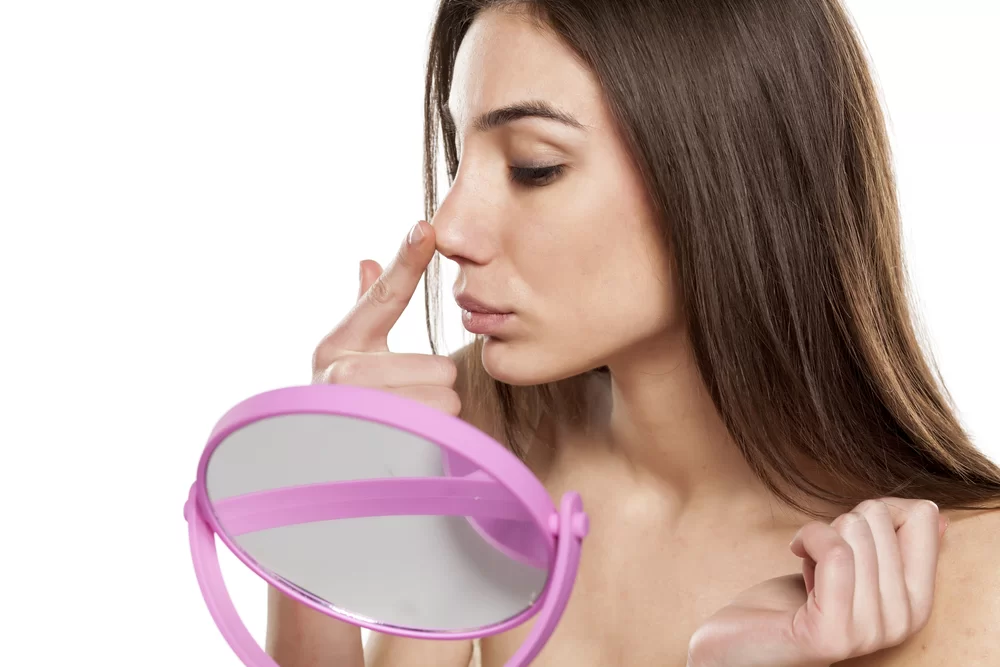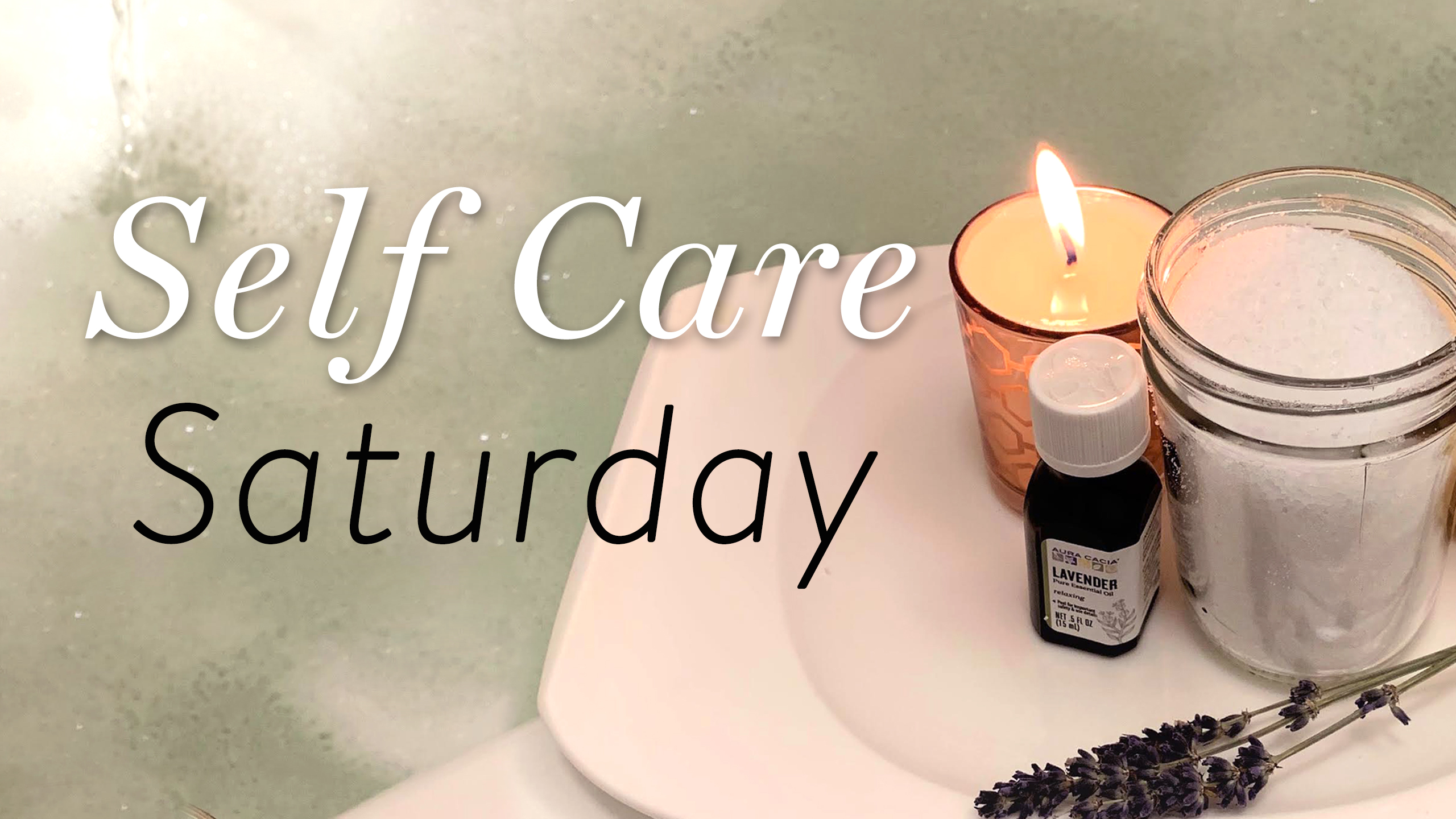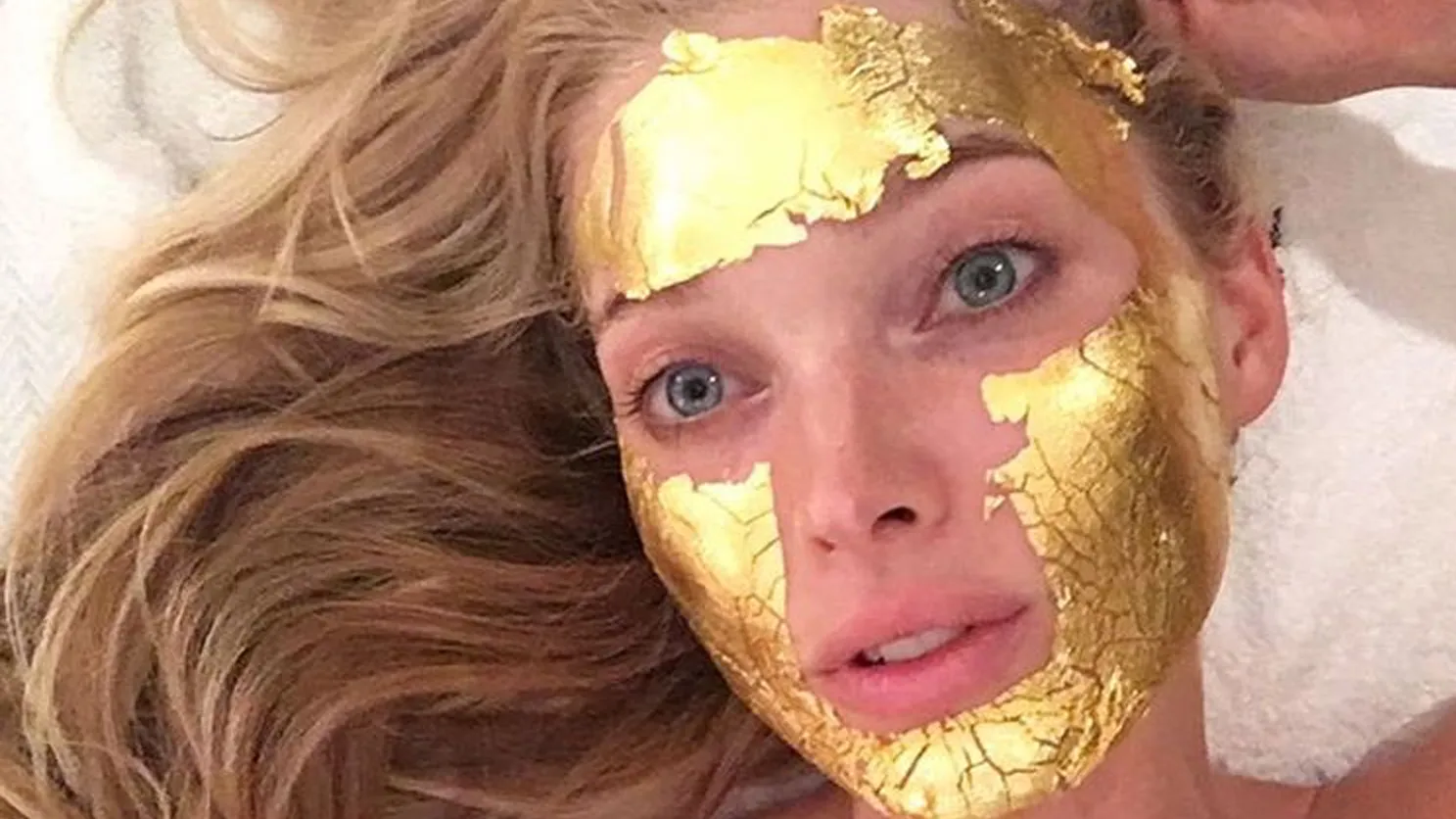The Psychological Impacts of a Nose Job: Navigating Body Image Issues
Click for Quick Consultation at vituras
Beyond Aesthetics: The Complexities of Choosing a Nose Job
Rhinoplasty, often referred to as a “nose job,” sits firmly atop the list of most popular cosmetic surgeries worldwide. Yet, while the desire for a more aesthetically pleasing nose might seem like a straightforward motivator, the decision rarely exists in a purely physical vacuum. Our perception of our noses, nestled prominently at the center of our faces, transcends aesthetics and weaves deeply into the fabric of self-perception and social interactions.
The human face acts as a canvas, each feature carrying its own unique story. For many individuals considering rhinoplasty, their nose becomes a source of significant distress, casting a shadow of self-consciousness over their lives. This dissatisfaction can stem from a multitude of roots, some deeply personal and others intertwined with external influences.
Individual standards of beauty vary wildly, and what one person considers perfectly proportioned might appear prominent or asymmetrical to another. Societal beauty norms and the relentless barrage of airbrushed perfection in media further shape our internal narratives, often planting seeds of inadequacy about our own appearances. The scars of past experiences, be it childhood bullying or insensitive comments, can linger, shaping our self-perception and fueling body image struggles.
Choosing to undergo rhinoplasty is a highly personal decision, and the emotional terrain navigated throughout the process can be as intricate as the surgical procedure itself. It’s crucial to set realistic expectations. No surgery can guarantee flawless results, and fixating solely on aesthetics sets the stage for potential disappointment. Understanding the risks, limitations, and recovery process involved is paramount before embarking on this journey. Addressing underlying issues is equally important. While rhinoplasty can address physical concerns, it’s vital to explore if deeper insecurities or self-esteem issues contribute to body image struggles. Seeking professional therapy can help unearth these underlying concerns and pave the way towards developing a healthier relationship with your appearance.
Building a strong support system proves invaluable throughout this process. Surrounding yourself with loved ones who understand your decision and can offer emotional encouragement during the pre-operative, operative, and post-operative phases makes a world of difference. Their unwavering support serves as a cornerstone of emotional stability amidst the inevitable highs and lows.
The potential psychological outcomes of rhinoplasty are as diverse as the individuals considering it. Positive outcomes often include a surge in self-confidence and self-esteem. Feeling comfortable and content with your appearance can significantly impact social interactions and contribute to an overall enhanced quality of life. Anxiety and depression, fueled by negative perceptions of your nose, can find relief through addressing this significant source of self-consciousness.
However, it’s important to acknowledge that negative outcomes are also a possibility. If expectations haven’t been adequately managed or complications arise, disappointment and regret can set in. In rare cases, individuals with pre-existing body dysmorphic disorder (BDD) might experience worsened symptoms after surgery. It’s crucial to be aware of these potential pitfalls and prioritize open communication with your healthcare team.
Seeking professional guidance before, during, and after rhinoplasty is highly recommended. A qualified psychologist or therapist can provide invaluable support by:
- Exploring your motivations and expectations thoroughly, ensuring they align with healthy self-image goals.
- Addressing any underlying body image concerns that might contribute to dissatisfaction.
- Preparing you for the emotional rollercoaster that often accompanies cosmetic surgery.
- Equipping you with coping mechanisms and emotional support throughout your journey.
Remember, choosing a nose job is a significant decision with far-reaching implications, both physical and psychological. By carefully considering your motivations, prioritizing your emotional well-being, and seeking professional guidance, you can navigate this transformative journey with informed awareness and emotional resilience.
Rhinoplasty, commonly known as a nose job, is one of the most popular cosmetic surgeries globally. While motivations often lie in aesthetics, the decision to undergo such a procedure is rarely purely physical. The nose is a central facial feature, significantly impacting self-perception and social interactions. This blog delves into the psychological aspects of a nose job, exploring its potential impact on body image and offering guidance for navigating the emotional journey.

Understanding the Body Image Connection:
Body image refers to our mental representation of our physical appearance and the thoughts and feelings we associate with it. For many individuals considering rhinoplasty, a prominent or disliked nose can cause significant distress, impacting self-confidence, social interactions, and overall well-being. This dissatisfaction can stem from various factors, including:
- Personal perception: Individual standards of beauty vary, and individuals may perceive their nose as disproportionate, asymmetrical, or simply not fitting their ideal image.
- External influences: Societal beauty standards and media portrayals can shape perceptions and contribute to feelings of inadequacy about one’s appearance.
- Experiences: Bullying, teasing, or negative comments about one’s nose can leave lasting emotional scars and fuel body image concerns.
Navigating the Emotional Landscape:
Deciding on a nose job is a personal one, and the emotional journey can be complex. Here are some key considerations:
- Realistic expectations: No surgery can guarantee perfect results, and focusing solely on aesthetics can lead to disappointment. Understanding the potential risks, limitations, and recovery process is crucial.
- Addressing underlying issues: While rhinoplasty can address physical concerns, it’s essential to explore if deeper insecurities or self-esteem issues contribute to body image struggles. Therapy can help address these underlying concerns and promote a healthier relationship with your appearance.
- Support system: Surrounding yourself with supportive loved ones who understand your decision and can offer emotional encouragement throughout the process is invaluable.
Potential Psychological Outcomes:
The psychological impact of rhinoplasty can vary depending on individual factors and motivations. Positive outcomes may include:
- Improved self-confidence and self-esteem: Feeling more comfortable with your appearance can positively impact social interactions and overall well-being.
- Reduced anxiety and depression: Addressing a significant source of self-consciousness can alleviate emotional burdens.
- Enhanced quality of life: Feeling good about your appearance can contribute to a more fulfilling life.
However, it’s essential to acknowledge potential negative outcomes:
- Postoperative dissatisfaction: If expectations are unrealistic or complications arise, disappointment and regret can occur.
- Obsessive preoccupation with appearance: Focusing excessively on aesthetics can hinder healing and emotional well-being.
- Development of body dysmorphic disorder (BDD): In rare cases, individuals with pre-existing BDD may experience worsened symptoms after surgery.
Seeking Professional Guidance:
Consulting a qualified psychologist or therapist before, during, and after rhinoplasty is highly recommended. They can provide invaluable support by:
- Helping you explore your motivations and expectations.
- Addressing any underlying body image concerns.
- Preparing you for the emotional ups and downs of the process.
- Offering coping mechanisms and support throughout your journey.
Remember:
A nose job is a significant decision with both physical and psychological implications. By carefully considering your motivations, seeking professional guidance, and prioritizing your emotional well-being, you can navigate this journey in a healthy and informed way.
You can also check Perfect Symmetry of Face: Lip Filling and Rhinoplasty.











